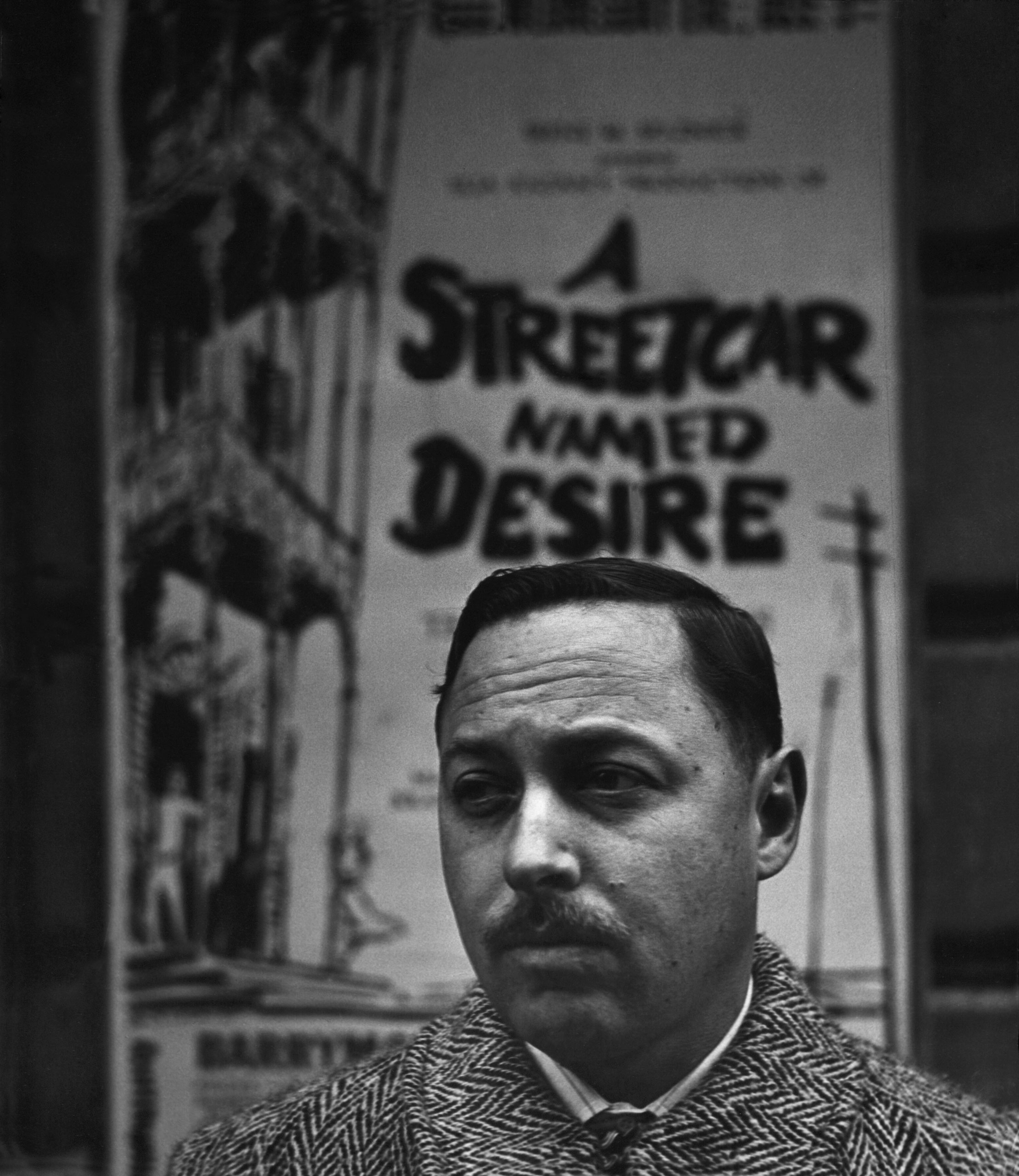
While Eugene O’Neill, with his Nobel Prize and four Pulitzers, is the greatest American playwright of the 20th century, Arthur Miller the most lastingly relevant, Edward Albee the most challenging and Sam Shepard simply the coolest, one could argue that Thomas Lanier “Tennessee” Williams III is the most influential, and his work the most universally beloved.
Putting one’s finger on why Williams’ plays have held pride of place in theater goers’ hearts for so long is another matter. Yes, the dialog is a thrilling mixture of the perfectly colloquial and the poetic. Yes, the passions on display in works like The Rose Tattoo, The Glass Menagerie and, of course, A Streetcar Named Desire and Cat on a Hot Tin Roof are as blistering as those given voice by any other American dramatist, while the characters Williams brought to life remain, for many of us, as indelible as members of our own families.
In the end, though, the appeal and the power of Williams’ very best plays might reside in this: that he manages, somehow, to peel back layer after layer from his characters as the story rolls on, and rather than diminishing these men and women in our eyes, the gradually unfolding revelations — and the playwright’s clear-eyed compassion for his own creations — ennoble and humanize them. Stanley, Blanche and Stella; Maggie the Cat, Brick and Big Daddy; Amanda Wingfield in Menagerie and Serafina in The Rose Tattoo — these and so many other Williams characters are profoundly memorable not because they’re heroic, but because they’re so deeply and recognizably flawed. They’re damaged, searching, isolated creatures — and still they go on. Williams, never sentimental, sees in that simple act of endurance a quality worth celebrating. And so do we.
Here, on Williams’ 101st birthday (he was born, not in Tennessee, but in a small town in eastern Mississippi, on March 26, 1911, and died in New York City in 1983), LIFE.com offers a series of portraits of the great American playwright by some of LIFE magazine’s finest photographers: portraits of what LIFE, in 1948, called “a dreamy young man with an unconquerable compulsion to write.”
That Tennessee Williams creatively harnessed that compulsion for so many years, battling an army of relentless personal demons (alcohol, drugs, depression) every step of the way, is one more act, William’s own act, of endurance worth celebrating.
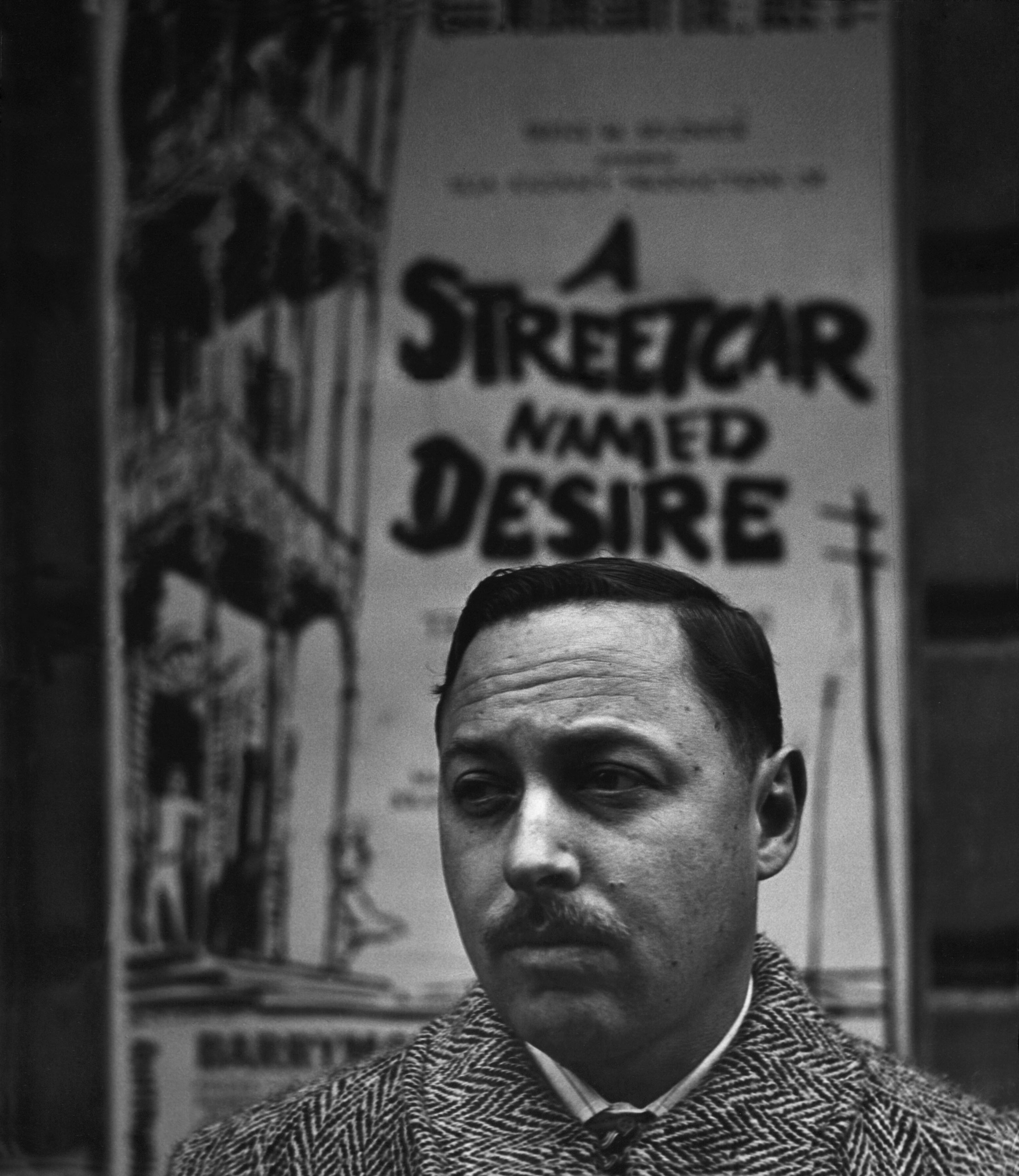

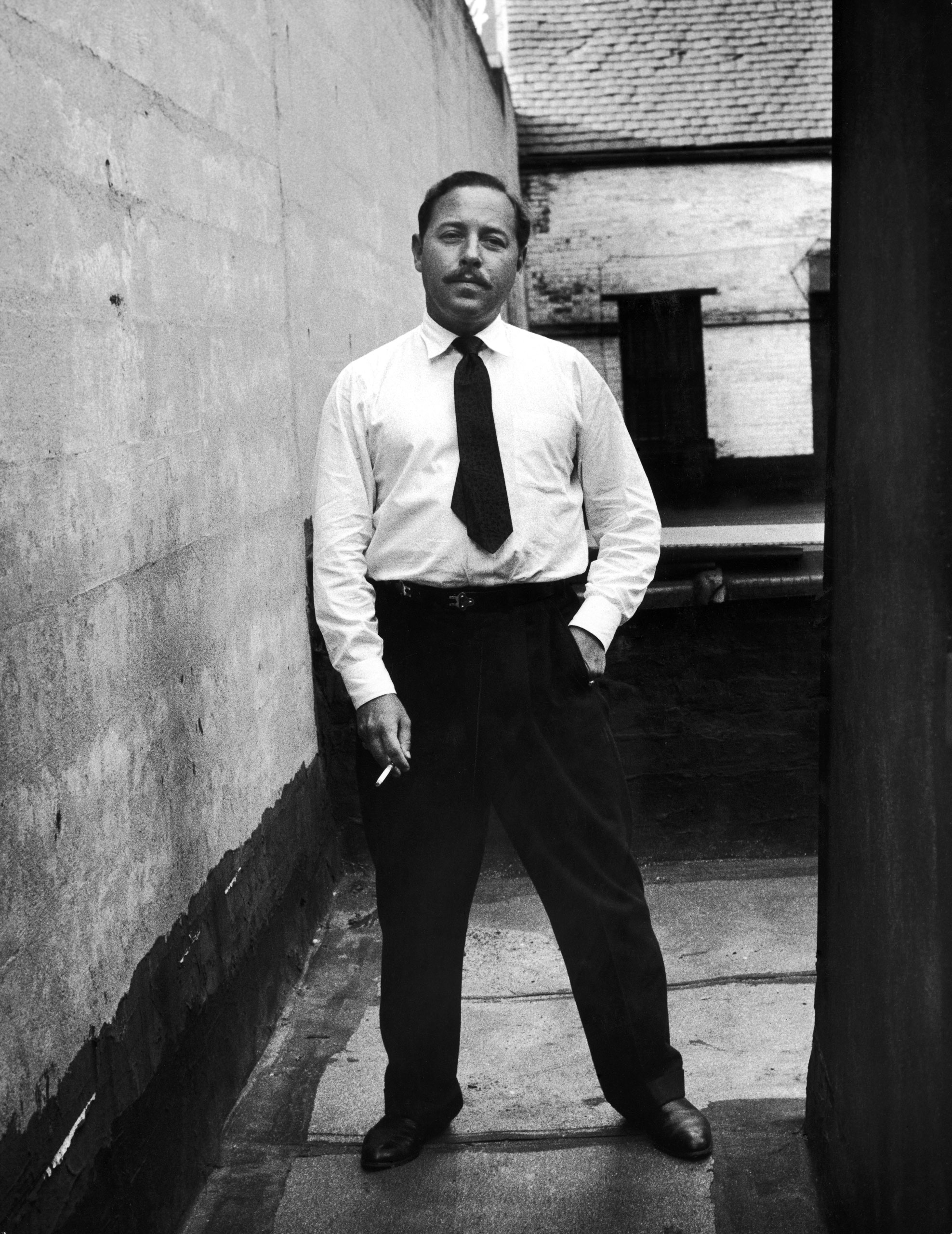
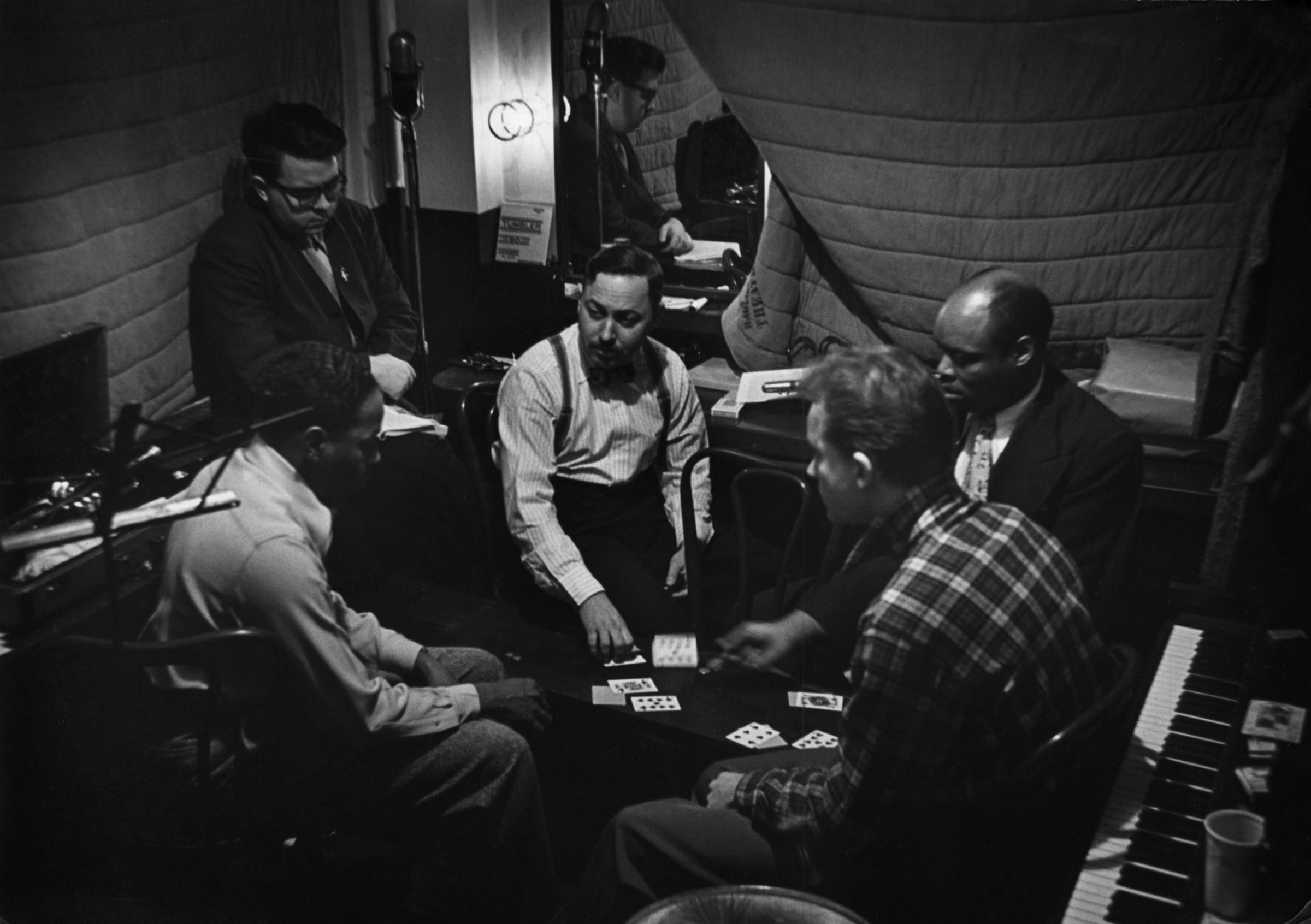
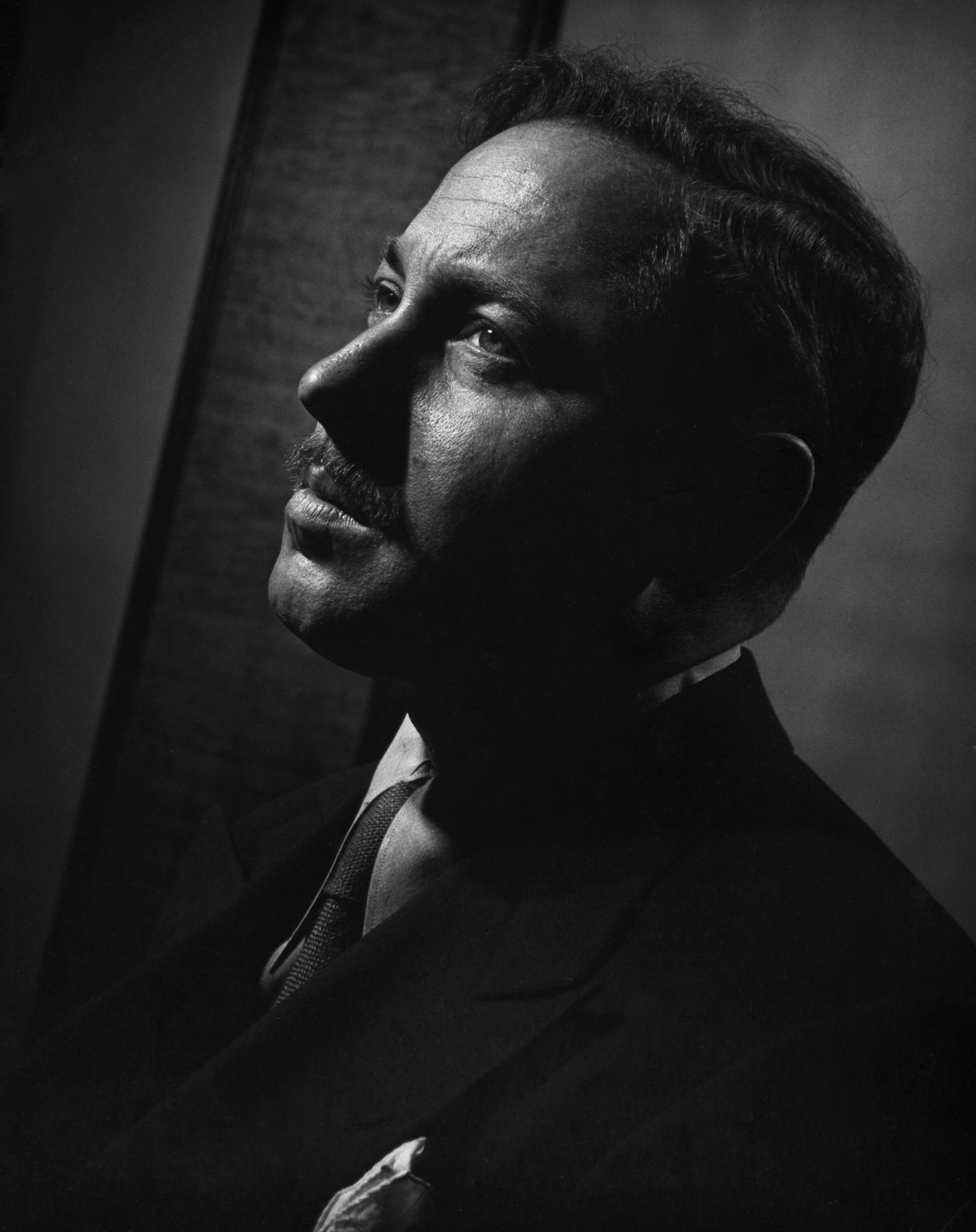

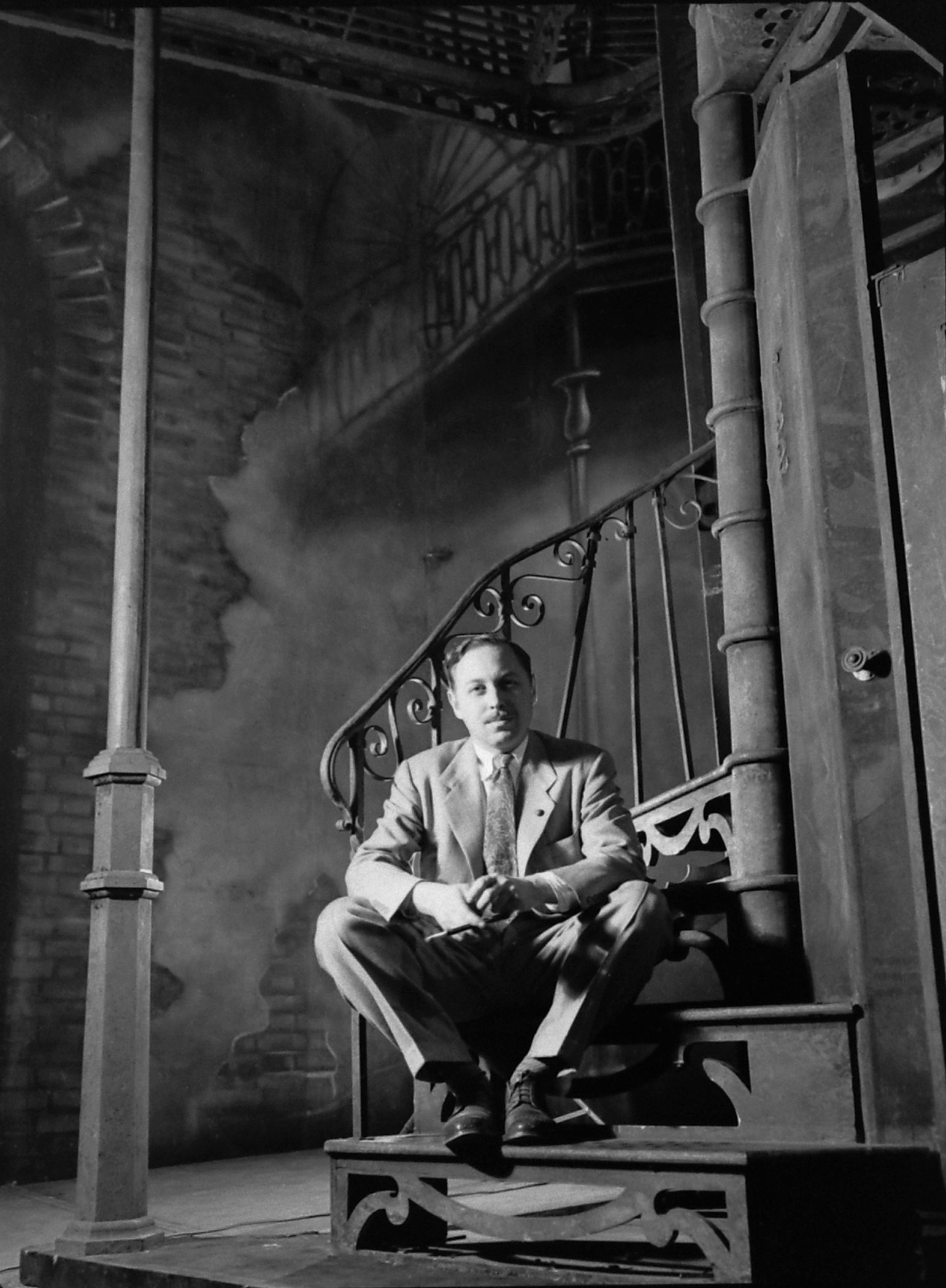
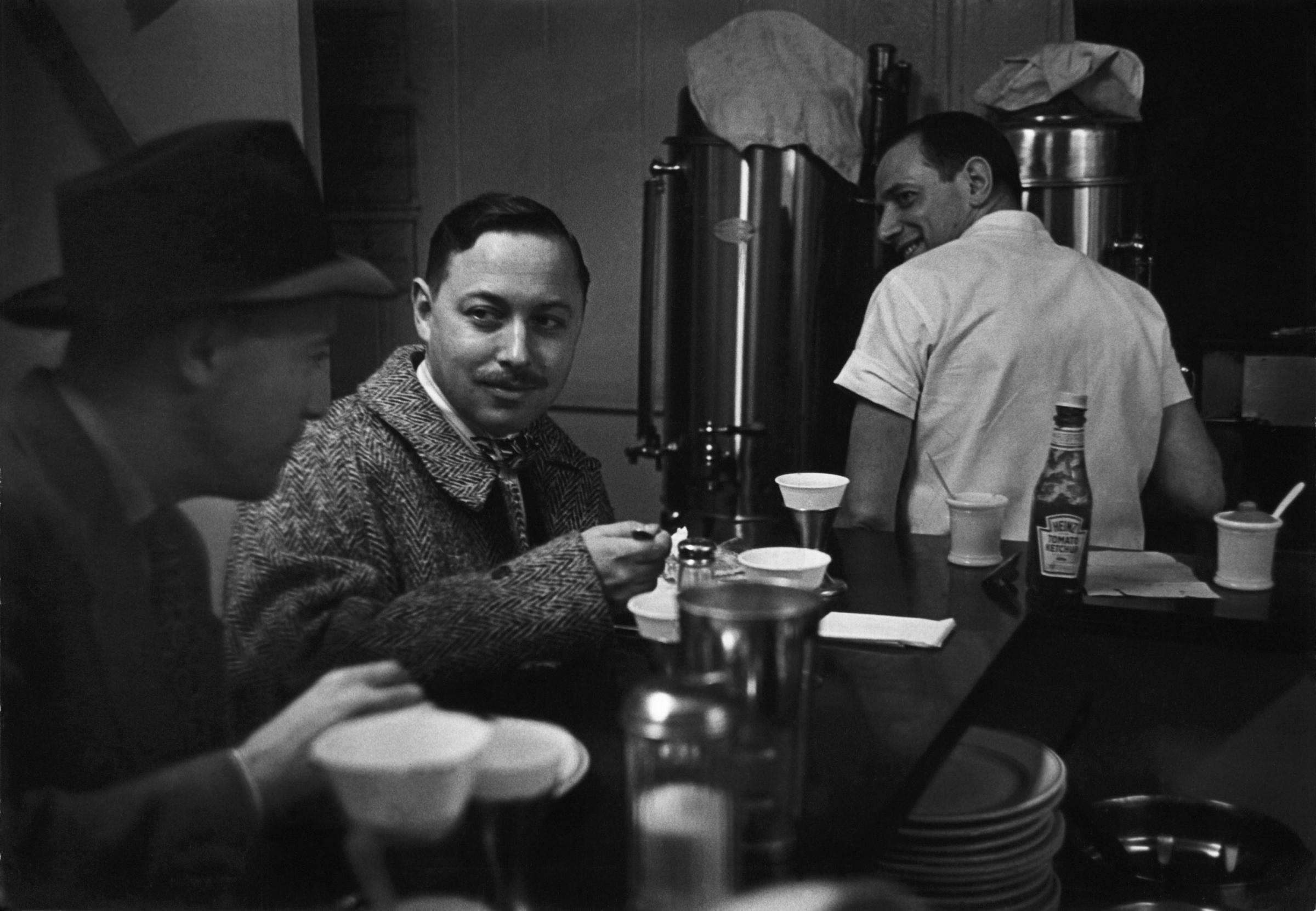
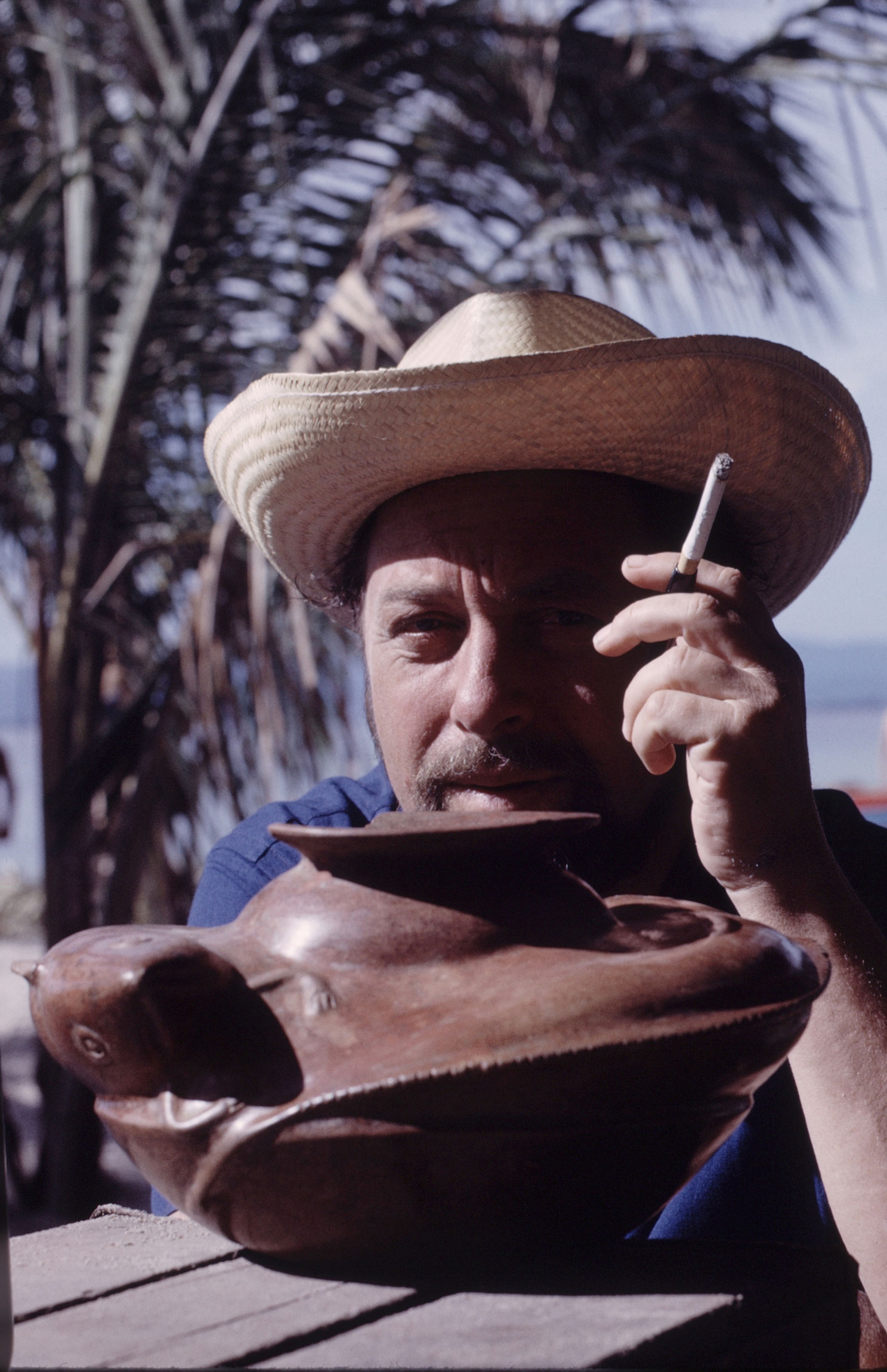
More Must-Reads from TIME
- Cybersecurity Experts Are Sounding the Alarm on DOGE
- Meet the 2025 Women of the Year
- The Harsh Truth About Disability Inclusion
- Why Do More Young Adults Have Cancer?
- Colman Domingo Leads With Radical Love
- How to Get Better at Doing Things Alone
- Michelle Zauner Stares Down the Darkness
Contact us at letters@time.com